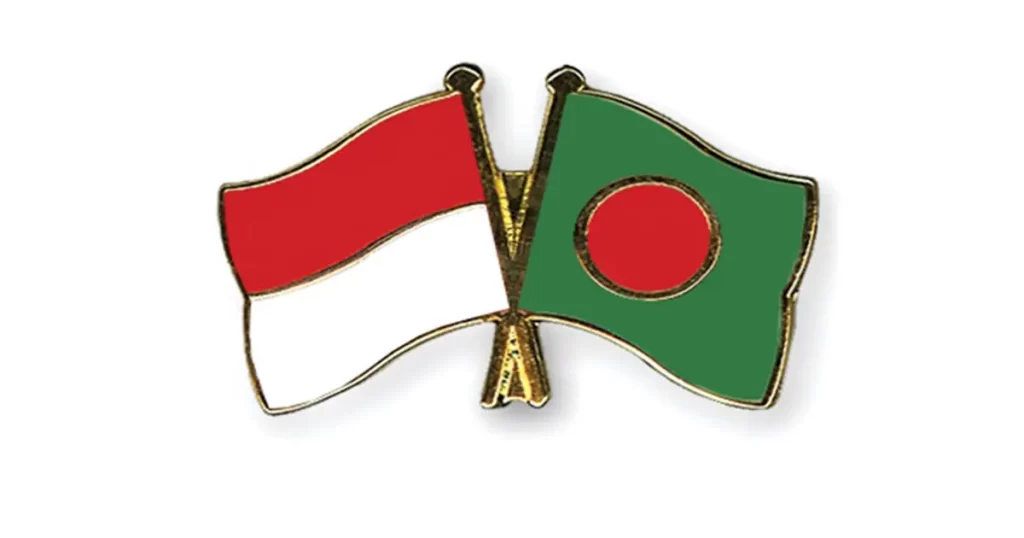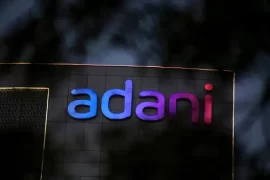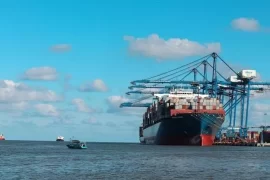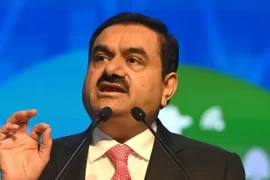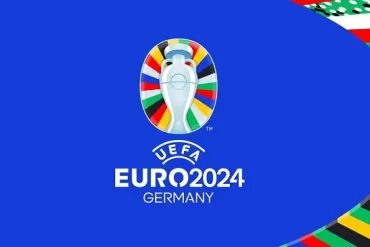Bangladesh and Indonesia are moving closer to finalizing a Preferential Trade Agreement (PTA), which is expected to be signed by April 2023. The proposed Bangladesh-Indonesia Preferential Trade Agreement aims to boost trade between the two countries, providing businesses in Bangladesh an opportunity to expand their reach in Indonesia while also helping to narrow the trade gap between the two nations.
Negotiations to Conclude in April 2023
The Indonesian Embassy in Dhaka has informed the foreign ministry about the matter and expressed its readiness to hold a meeting of the 4th Trade Negotiating Committee of BI-PTA by the end of February or the first week of March in 2023 in Dhaka. To expedite the negotiations, Indonesia has already sent some documents to Bangladesh regarding the proposed BI-PTA agreement. Jakarta is set to exchange its revised offer list of goods, and the deal is expected to be signed by April 2023 if Indonesia includes Bangladeshi Ready-Made Garments (RMG) items in the revised list of products under the PTA.
Potential for Economic Growth and Business Opportunities
Indonesia is a large market for Bangladeshi medicines, agricultural products, poultry, jute and leather goods, and footwear.
In 2021, Indonesia exported goods to Bangladesh worth a total of USD 2.9 billion, with top export commodities including palm oil, coal, cement, chemicals, pulp, and cotton. This made Bangladesh Indonesia’s 15th largest export destination. Bangladesh’s imports from Indonesia were recorded at just USD 0.1 billion, placing Indonesia at 62nd place as the country of origin for Bangladeshi imports. The total trade between the two countries in 2021 amounted to USD 3 billion, with Indonesia’s surplus reaching USD 2.8 billion, highlighting the trade imbalance between the two nations.
The proposed PTA agreement will help boost trade between the two countries and improve economic conditions. It will also provide an opportunity for Bangladeshi businesses to expand their market reach in Indonesia and benefit from the PTA’s tariff concessions. The agreement will also help to narrow down the trade gap between the two countries and pave the way for more extensive cooperation in the future.
Both countries share similarities and have access to a large market of over 400 million people jointly, where the majority of the population is Muslim.
Previous Delays and Efforts to Resolve Them
The proposed PTA was due for signing in 2021 but delayed as Bangladeshi RMG products were on the list of 48 goods. During the Jakarta tour in July 2022, foreign minister Dr AK Abdul Momen had talks with the Indonesian ministers of trade and industries to conclude the PTA by 2022. To address the Bangladesh-Indonesia trade gap between the two countries, Dr. Momen requested the Indonesian side to consider favourably the inclusion of RMG items in the products’ list uder the PTA.
Conclusion
The signing of the Bangladesh-Indonesia Preferential Trade Agreement will be a significant step forward for the two countries’ economic and trade relations. With the agreement, Bangladesh will be able to increase its exports to Indonesia and establish new business opportunities. It will also help to narrow down the trade gap between the two countries and pave the way for more extensive cooperation in the future.
Frequently asked questions
What Bangladesh imports from Indonesia?
Bangladesh’s top imports from Indonesia includes palm oil, coal, cement, chemicals, pulp, and cotton.
What are the top 5 exports of Indonesia?
Indonesia’s top 5 export products include palm oil, coal briquettes, petroleum gas , copper ore and gold.

